Signs of Hope, the signature annual fundraiser of Maine Behavioral Healthcare, brought in $88,000, in support of enacting the national Zero Suicide program in Maine.
The vast majority of that was raised by the substantial host committee of dozens of supporters, led by event host Sheri Boulos.
“I’m so proud of a community that will come out to learn and to be part of a solution,” said Boulos, a longtime supporter of Maine Behavioral Healthcare. “We can learn to recognize early warning signs of suicidal thoughts, and we can learn how to react and how to help. Even one more death by suicide in Maine is too many.”
The 12th annual Signs of Hope July 28 at Portland Country Club in Falmouth was an emotional call to action urging generous donations toward a 10-year initiative to transform suicide prevention in Maine.
“It’s amazing to see the community rally around mental health,” said Kelly Barton, president of Maine Behavioral Healthcare. “Not all communities are so supportive. I joined this organization almost a year ago because I saw the commitment Maine Health was making to behavioral health services and their belief that without a strong behavioral health continuum we would never fulfill our vision of creating the healthiest communities in America.”
Zero Suicide is a practical framework being used in health and behavioral health care systems around the nation to make sure no one falls through the cracks: that early warning signs of suicide are taught and identified, that anyone at risk is engaged in treatment swiftly and that systems of communication and transition are improved.
The Thompson family of Cape Elizabeth has long awaited a program like Zero Suicide in Maine. Tim Thompson held a framed photo his late son, Timmy, frozen in time as a Cape Elizabeth High School senior in 2004, while Nancy Thompson shared Timmy’s story.
“I can only imagine that if we and Timmy’s friends had been educated on the red flags for depression or suicide, he might possibly still be alive today,” she said. “When I lost Timmy, I vowed that his death would not be in vain, and I dreamed that someday there might be an educational program about depression that would eventually be in all school systems. It’s important to know that suicide can be prevented, but to prevent it the people in direct contact with the person need to know what to look for and what they can do to help.”
Dr. Karen Simone, director of Northern New England Poison Center, shared the national statistic that in 2019, 14 out of every 100,000 deaths was by suicide. In Maine, she said, the number was significantly higher: closer to 21 out of every 100,000 deaths. And 1 of 10 calls to the Poison Center is about an attempted suicide.
“We’ve seen a drastic increase over several years in very young girls attempting suicide,” Simone said. “I’m talking about girls less than 16 and some children as young as 9 and 10 years old. Not only is it affecting children that young, these children are now taking 50 or 100 tablets and coming into the hospital in a coma. This is a serious, serious issue, and as a community we need to do something about it.”
Simone’s reminder that suicide isn’t just a problem among teenagers was a personal one.
“I lost my sister just over two years ago, and my husband lost his brother not long before that,” she said. “This affects everybody. It’s a widespread issue. But there are things we can do that we think will make a difference.”
For crisis hotline support, call 1-888-568-1112. For more information on Zero Suicide, go to zerosuicide.edc.org. To donate to the Zero Suicide effort in Maine: mainebehavioralhealthcare.org/giving.
Amy Paradysz is a freelance writer and photographer based in Scarborough. She can be reached at amyparadysz@gmail.com.
Send questions/comments to the editors.

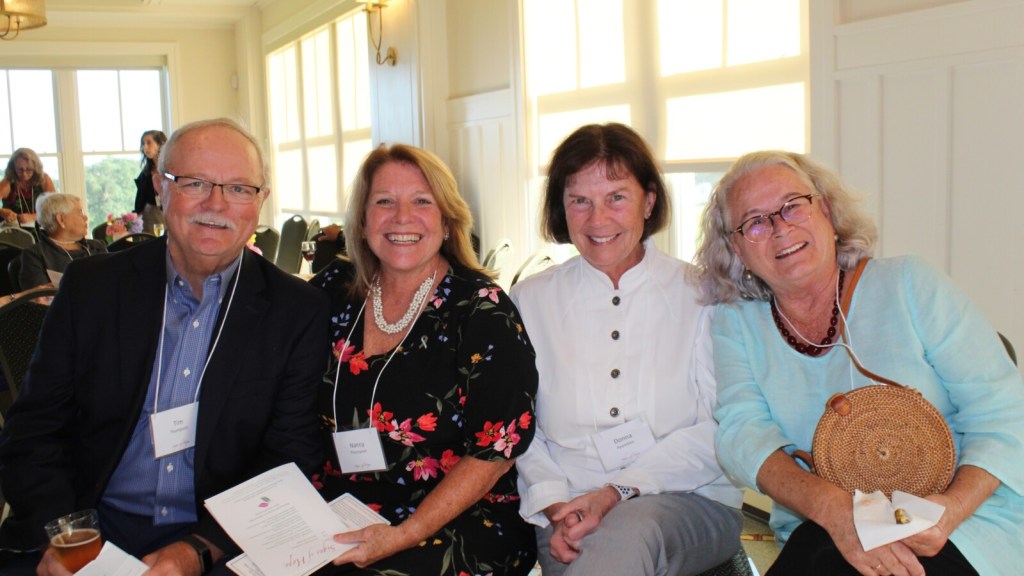
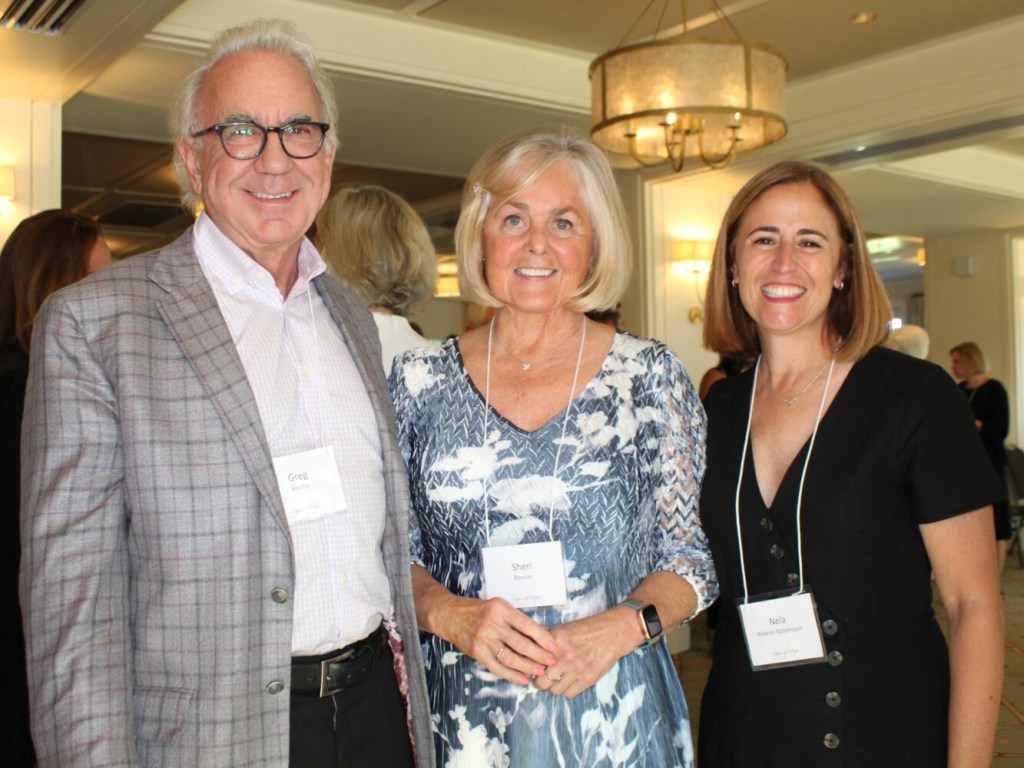
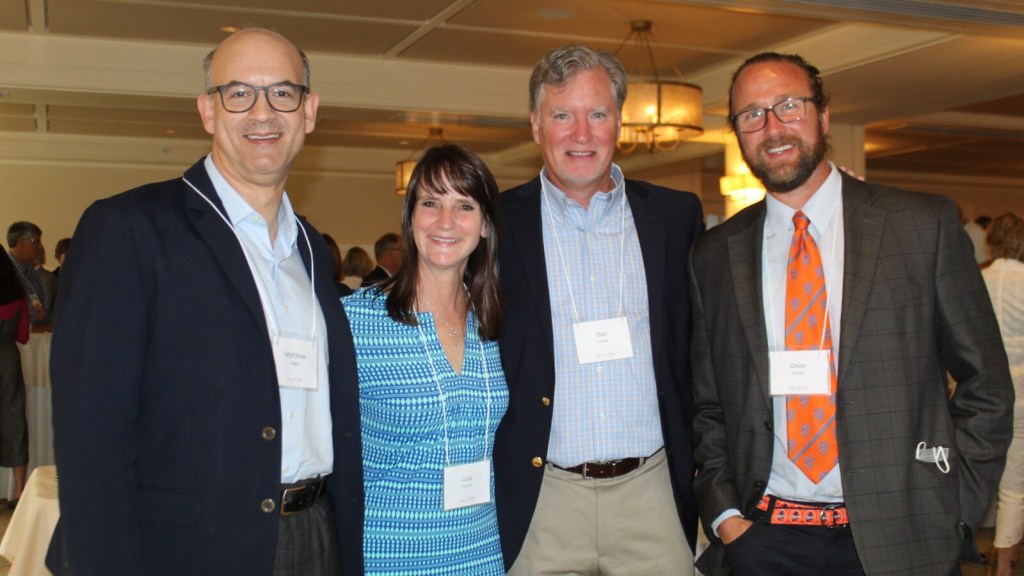
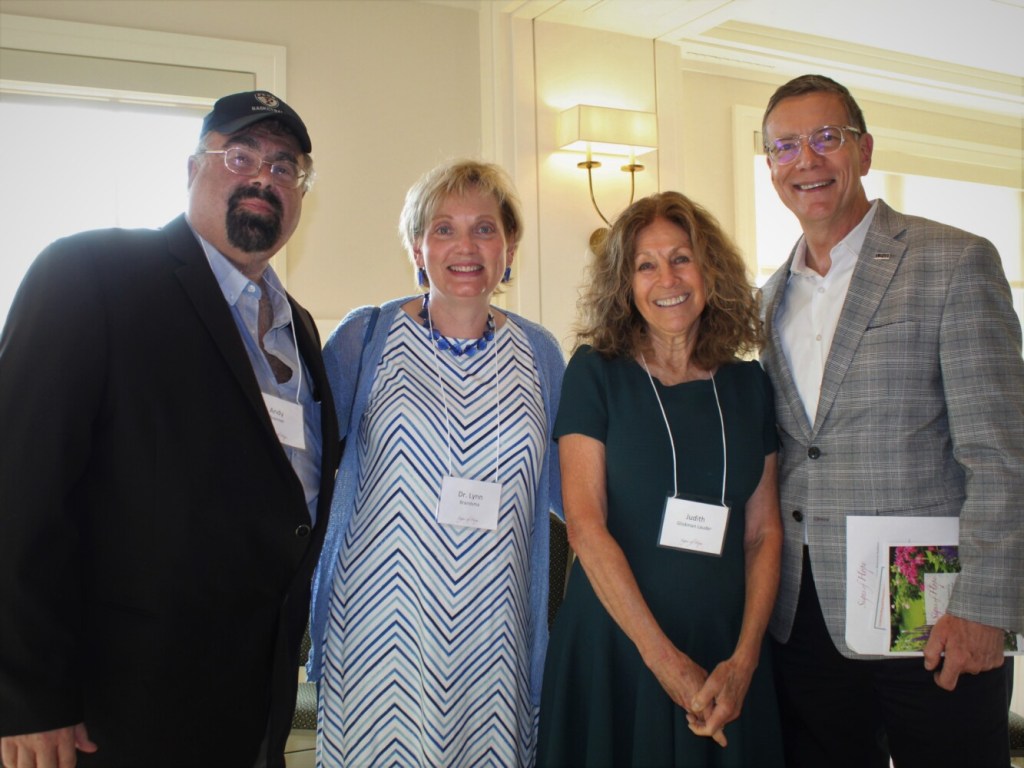
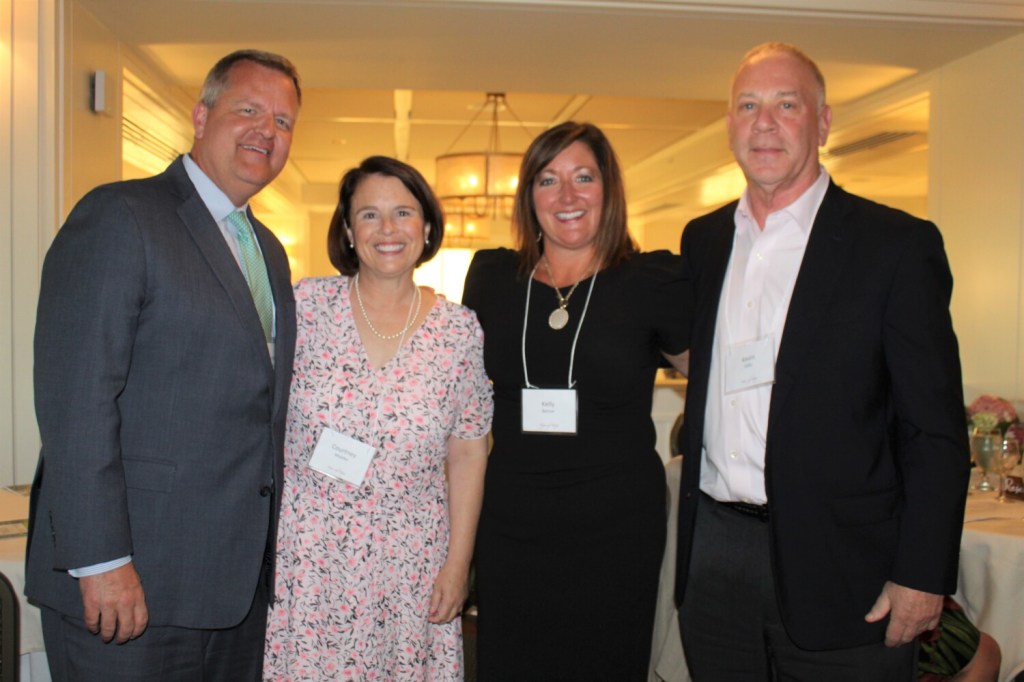
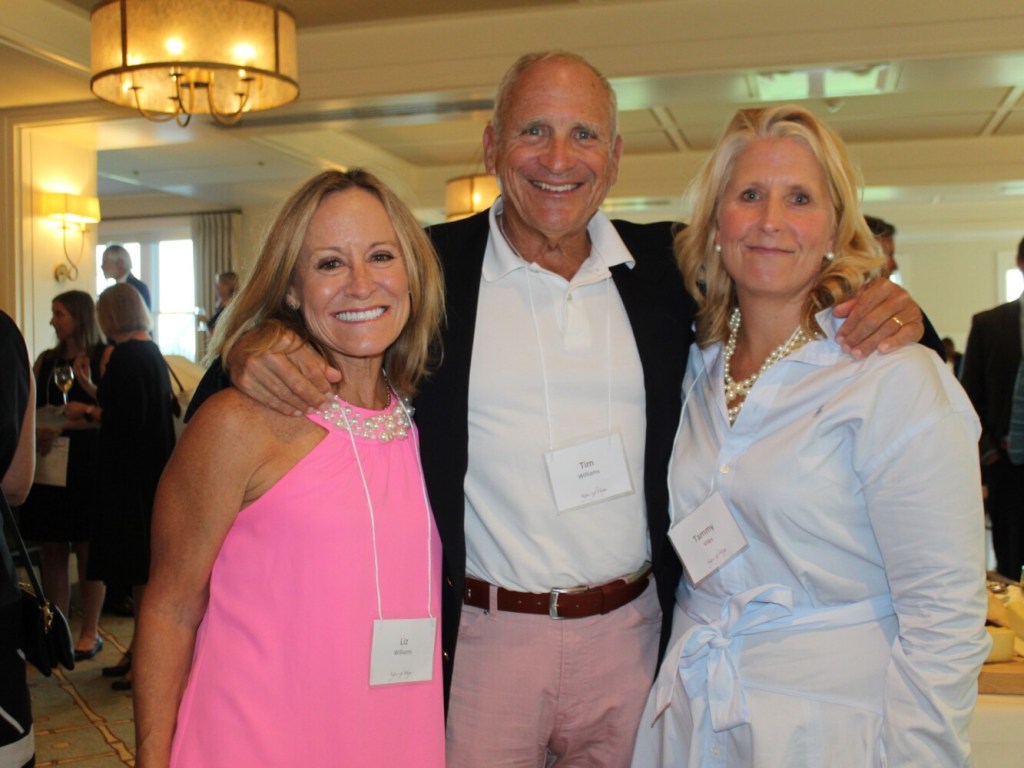
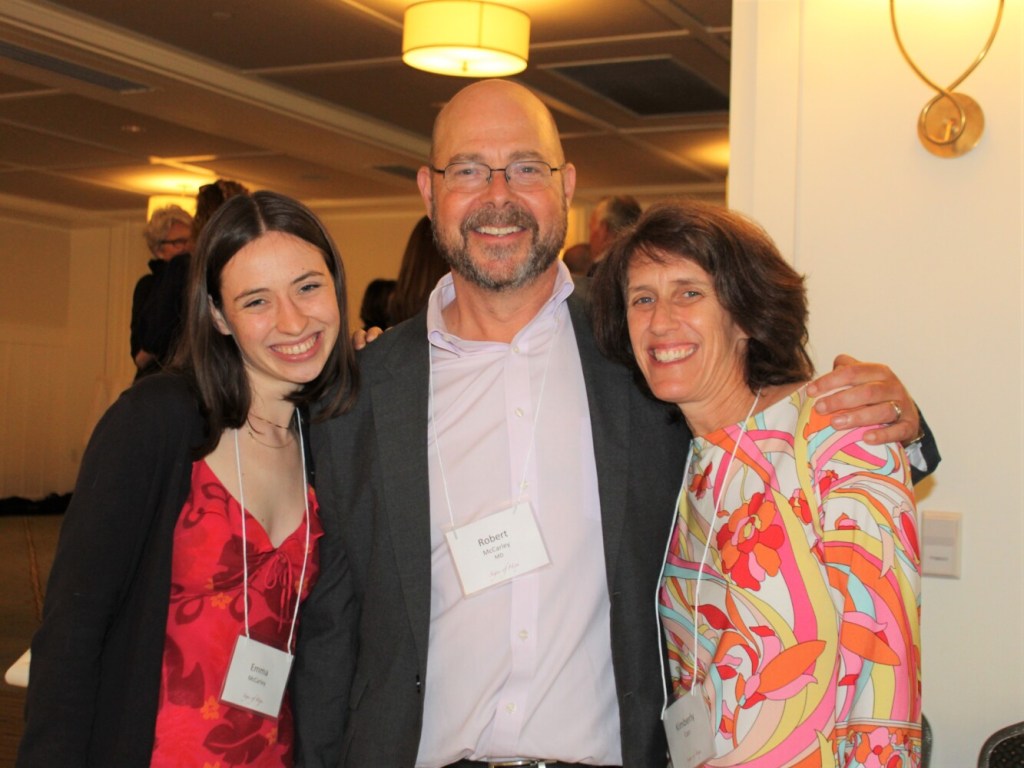
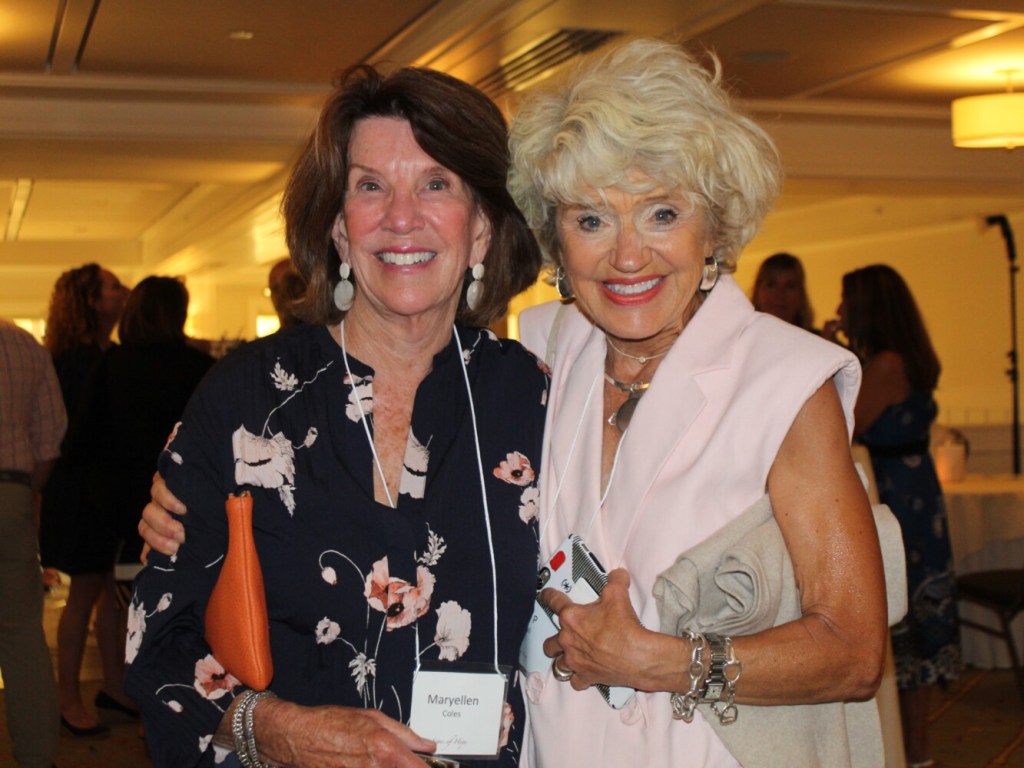
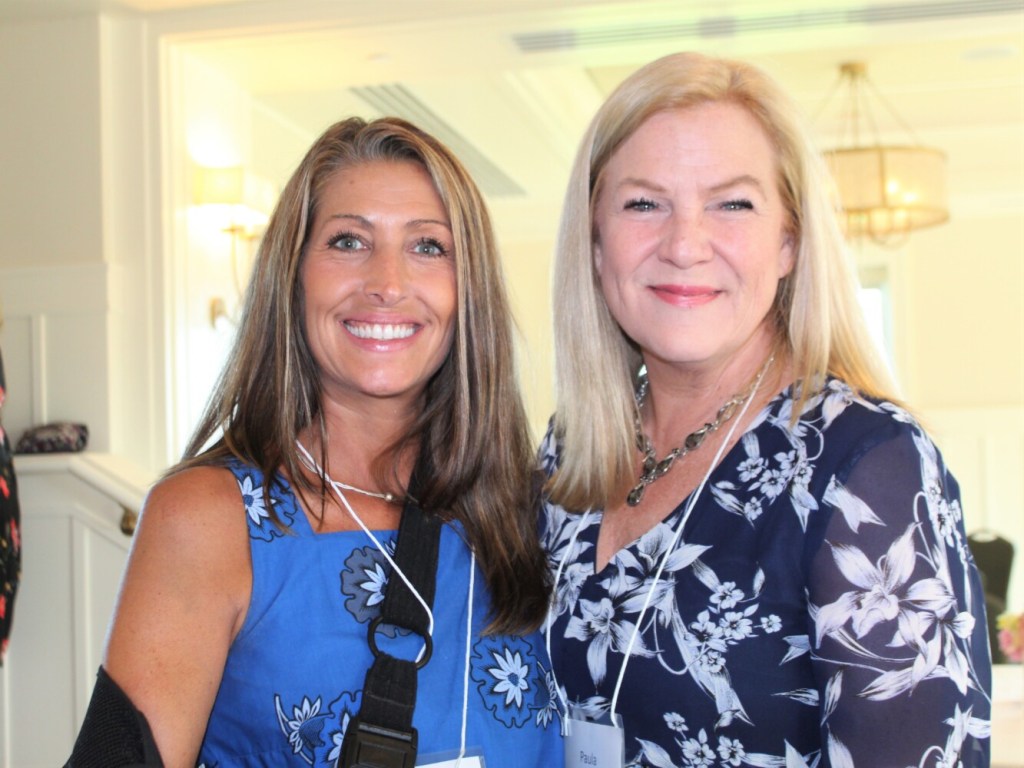
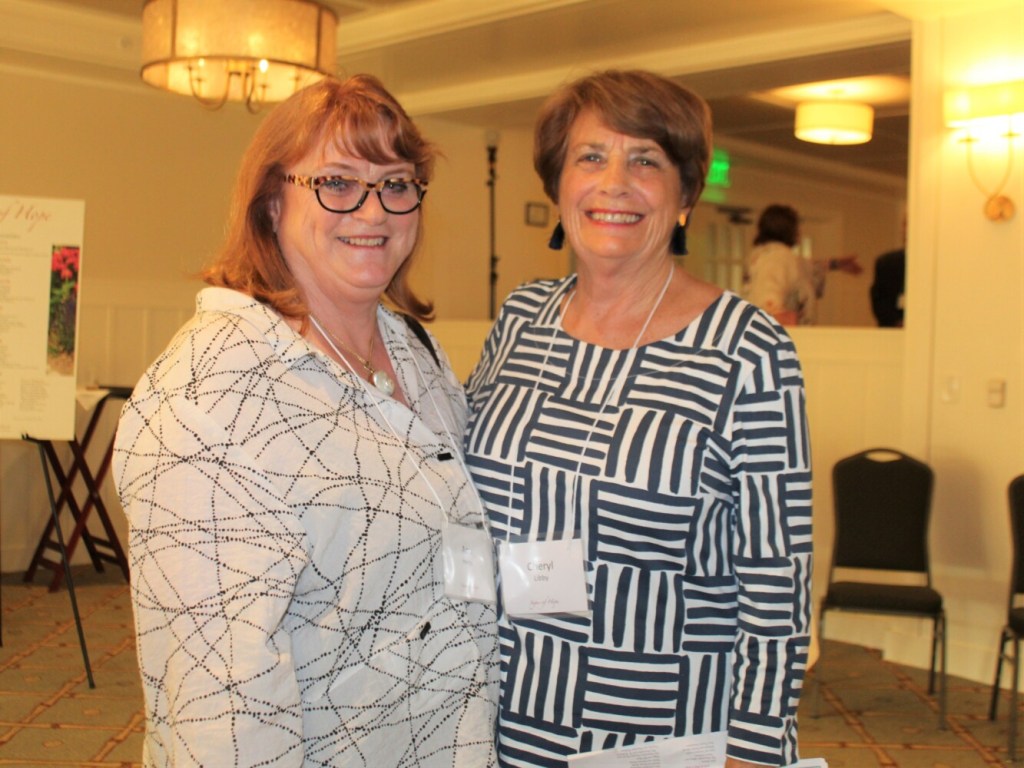
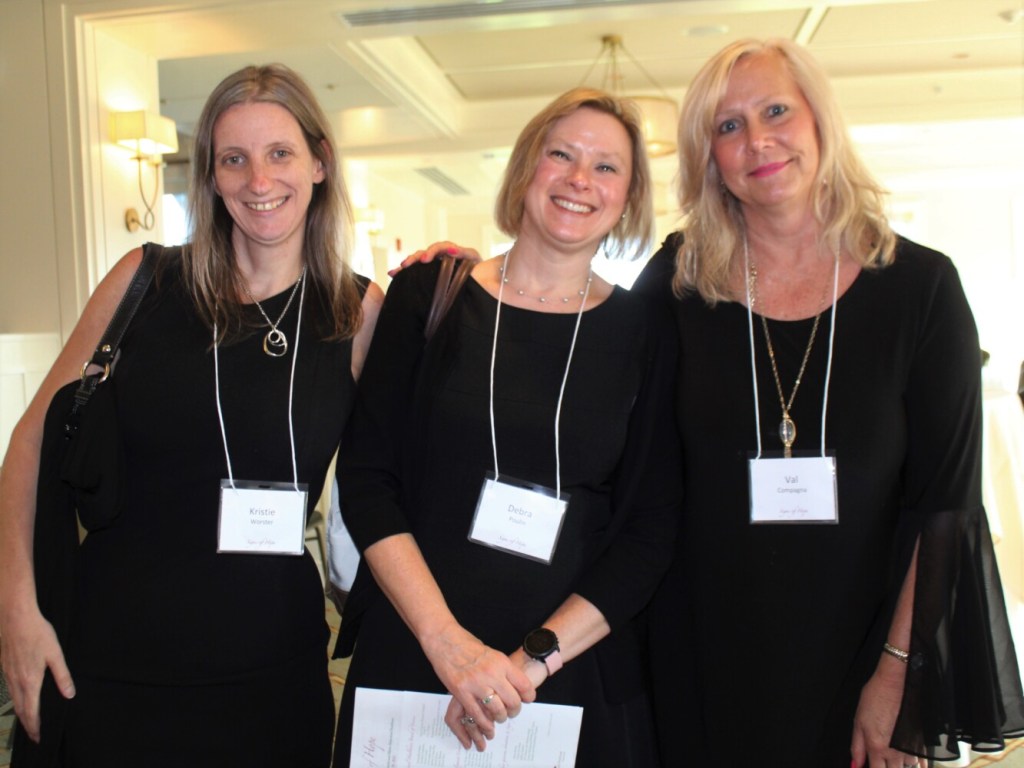
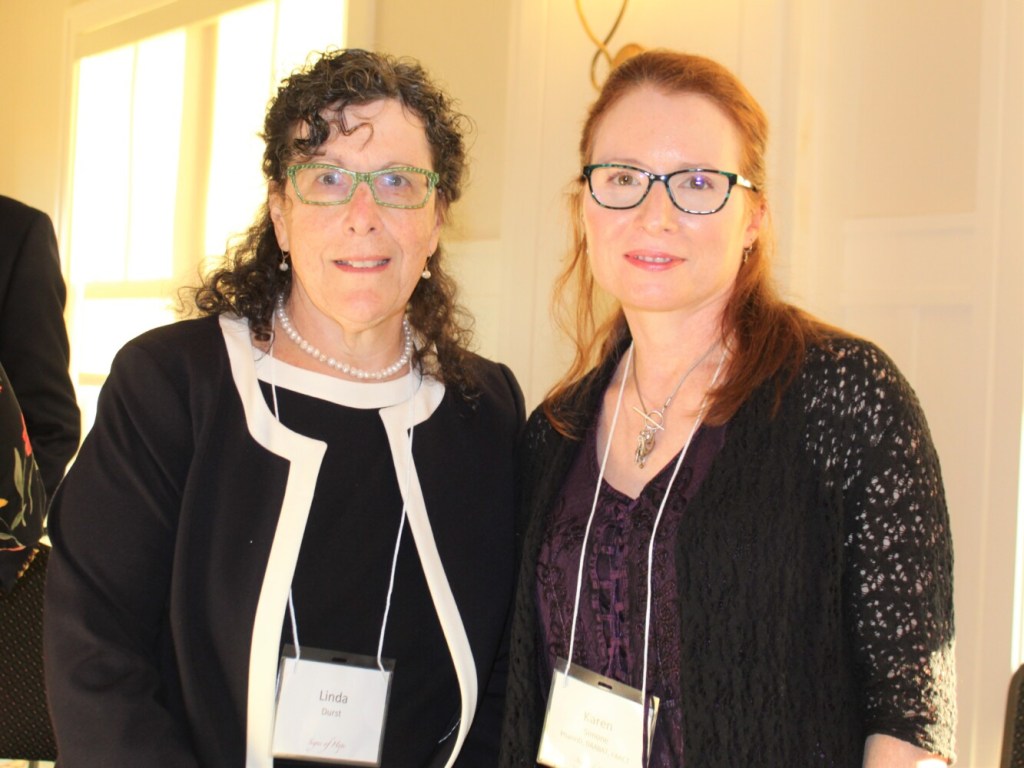

Comments are no longer available on this story